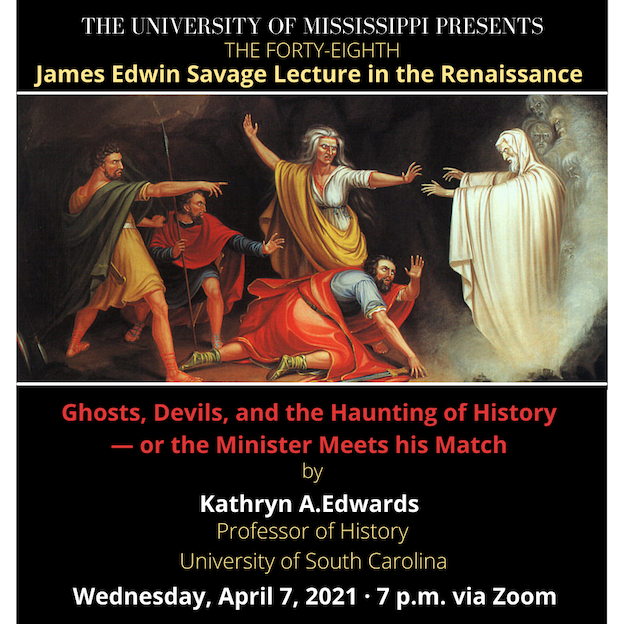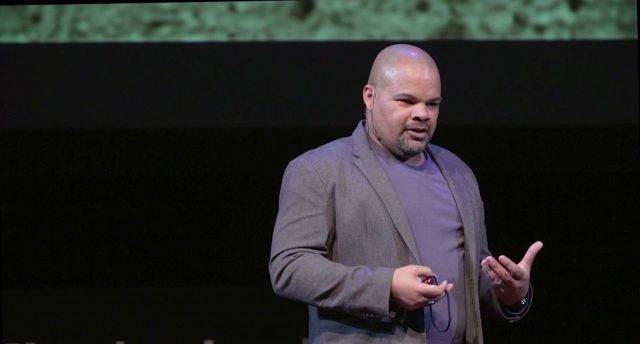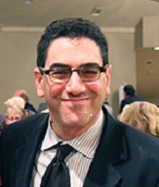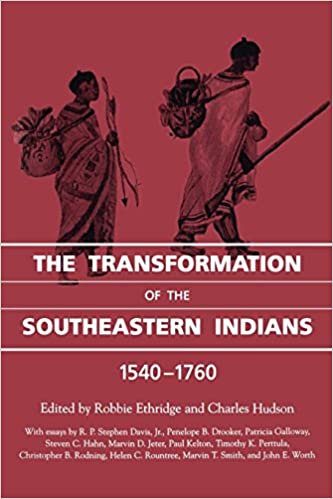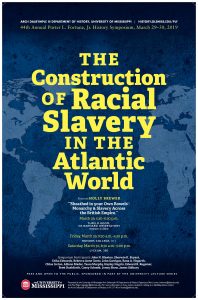Archive for the ‘Faculty’ Category
The 48th James Edwin Savage Lecture in the Renaissance
The Forty-Eighth James Edwin Savage Lecture in the Renaissance:
April 7, 2021 @ 7 p.m. via Zoom.
Gilder-Jordan Lecture to Focus on Voter Suppression
Historian and author Carol Anderson set to speak Oct. 13
Historian Carol Anderson is set to discuss the history of voter suppression and how it relates to the right to vote in 2020 for the annual UM Gilder-Jordan Lecture in Southern Cultural History at 6 p.m. Oct. 13. Because of ongoing health concerns, this year’s lecture will be conducted virtually.
OCTOBER 7, 2020 BY REBECCA LAUCK CLEARY
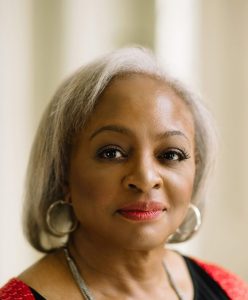 With the presidential election only weeks away, voting and how to do so are on the minds of many Americans. A historian who studies public policy with regards to race, justice and equality will visit the University of Mississippi for a discussion of the history of voter suppression and how it relates to the right to vote in 2020.
With the presidential election only weeks away, voting and how to do so are on the minds of many Americans. A historian who studies public policy with regards to race, justice and equality will visit the University of Mississippi for a discussion of the history of voter suppression and how it relates to the right to vote in 2020.
Carol Anderson, the Charles Howard Candler Professor of African American Studies at Emory University, will give the annual Gilder-Jordan Lecture in Southern Cultural History at 6 p.m. Oct. 13. The event will be held virtually this year because of COVID-19 and is open to the public once they register at https://bit.ly/2Evgyhy.
Her talk, “One Person, No Vote: How Voter Suppression Is Destroying Our Democracy,” is also the title of her recent book, which was long-listed for the National Book Award in Non-Fiction and was a finalist for the PEN/Galbraith Book Award in Non-Fiction.
Katie McKee, director of the UM Center for the Study of Southern Culture, said she is delighted to welcome Anderson to discuss issues deeply relevant at the moment: voting rights and race in America.
“The Gilder-Jordan lecture gives us, year after year, the opportunity to invite the nation’s leading historians to our stage, and this year is no exception,” McKee said. “We’re excited to be hosting these timely discussions.”
Also on Oct. 13, Anderson will lead a “Black in the Academy” virtual discussion at 4 p.m. for graduate students, facilitated by Shennette Garrett-Scott, UM associate professor of history and African American studies. Anderson’s contributions to the ongoing Twitter conversation “Black in the Ivory,” created by Sharde Davis, amplify the voices of “Blackademics” to speak truth about racism in academia.
Finally, at 6 p.m. Oct. 14, Anderson will participate in a virtual roundtable discussion about voter suppression with Jim Downs and Kevin M. Kruse. The conversation is sponsored by the Center for the Study of Southern Culture and the University of Georgia Press as part of the Voting Rights and Community Activism series.
Downs is coeditor of the UGA Press History in the Headlines series and editor of the recent “Voter Suppression in U.S. Elections,” and Kruse studies the political, social and urban/suburban history of 20th-century America.
Ethel Young Scurlock, associate professor of English and African American studies and senior faculty fellow of the Luckyday Residential College, said the lecture will be momentous and Anderson’s words will help people find new ways to examine the role of policy in their own communities.
“Her scholarship digs deep into issues of how policy can impact the everyday lives of U.S. citizens, with special attention to how policy and practices can impact African American communities,” said Scurlock, who is also director of the UM African American studies department.
“Her rigorous research is important because it reminds us that disrupting the impact of racism is not about trying to change hearts of people; it is about changing policies that impact how people are able to exist in their communities.”
Anderson’s research has garnered substantial fellowships and grants from the John Simon Guggenheim Foundation, the American Council of Learned Societies, the Ford Foundation, National Humanities Center, Harvard University’s Charles Warren Center, the Committee on Institutional Cooperation (The Big Ten and the University of Chicago) and the Gilder Lehrman Institute of American History.
Noelle Wilson, the UM Croft Associate Professor of History and International Studies, said she looks forward to Anderson’s lecture.
“The history department is thrilled to have Professor Anderson join us in this 2020 election season when remembering hard-won lessons of the past is particularly critical for making certain as broad an electorate as possible participates in our November presidential decision,” said Wilson, also chair of the history department.
“The Gilder-Jordan Lecture is one of the most anticipated events of our fall semester, and we look forward to encouraging students, faculty and the community at large to engage with Anderson’s work through this event.”
Anderson is the author of “Eyes Off the Prize: The United Nations and the African-American Struggle for Human Rights, 1944-1955,” which was published by Cambridge University Press and awarded both the Gustavus Myers and Myrna Bernath Book Awards. In her second monograph, “Bourgeois Radicals: The NAACP and the Struggle for Colonial Liberation, 1941-1960,” also published by Cambridge, Anderson uncovered the long-hidden and important role of the nation’s most powerful civil rights organization in the fight for the liberation of peoples of color in Africa and Asia.
Her third book, “White Rage: The Unspoken Truth of our Racial Divide,” won the 2016 National Book Critics Circle Award for Criticism. A New York Times bestseller and New York Times Editor’s Pick, it is listed on the Zora List of 100 Best Books by Black Woman Authors since 1850. Her young adult adaptation of “White Rage, We are Not Yet Equal” was nominated for an NAACP Image Award.
Anderson is a Phi Beta Kappa graduate of Miami University, where she earned bachelor’s and master’s degrees in political science, international relations and history. She earned her doctorate in history from Ohio State University.
Organized through the Center for the Study of Southern Culture, the African American studies program, Center for Civil War Research and the Arch Dalrymple III Department of History, the Gilder-Jordan Speaker Series is made possible through the generosity of the Gilder Foundation. The series honors the late Richard Gilder, of New York, and his family, as well as his friends, Dan and Lou Jordan, of Virginia.
Registration information is available at https://southernstudies.olemiss.edu/ or by emailing Afton Thomas at amthoma4@olemiss.edu.
Stories of the Enslaved Rebooted – Don Guillory
UM graduate student creates virtual version of ‘slave tour’
OCTOBER 2, 2020 BY KELLIE SMITH
Don Guillory, a UM doctoral student in history, presents his research on slavery and enslaved people in Oxford during the 2020 TEDxUniversityofMississippi presentation in February.
“When people don’t have a narrative, they don’t have value in the eyes of the greater society,” said Don Guillory, a doctoral student in the University of Mississippi‘s Arch Dalrymple III Department of History.OXFORD, Miss. – What happens when the life stories of a group are destroyed or distorted?
Guillory has given a voice to the many enslaved people who lived in and around Oxford before the Civil War by illuminating their history in tours of the UM campus, where some of the iconic structures – such as the Lyceum, which houses the chancellor’s office – were built by slave labor.
The tours are an initiative of the UM Slavery Research Group. Created in 2013, the group is composed of faculty and staff working across disciplines to learn more about the history of slavery and enslaved people in Oxford and on the Ole Miss campus.
This fall, Guillory will give the tours via video, a change that he feels will have both positive and negative impacts on the experience.
Because the actual trekking will be eliminated, the video version of the tours will expand their footprint to sites farther from campus. These include Rowan Oak, which was built before the Civil War and purchased by William Faulkner in 1930 as his Oxford home, and was constructed with slave labor.
The tours are an initiative of the UM Slavery Research Group. Created in 2013, the group is composed of faculty and staff working across disciplines to learn more about the history of slavery and enslaved people in Oxford and on the Ole Miss campus.
This fall, Guillory will give the tours via video, a change that he feels will have both positive and negative impacts on the experience. Because the actual trekking will be eliminated, the video version of the tours will expand their footprint to sites farther from campus. These include Rowan Oak, which was built before the Civil War and purchased by William Faulkner in 1930 as his Oxford home, and was constructed with slave labor.
The revamped tours also include Hilgard Cut, a railroad cut constructed by enslaved people in 1858 to bring students to Oxford from other parts of the South; and Burns-Belfry Church, founded in 1910 as the first African American church in Oxford.
“The video tours will have more content but less contact,” Guillory said. “They’ll cover more territory but without face-to-face interaction.”
A primary goal of the tour is to let artifacts and creations of enslaved people create a narrative for their lives that reflects their reality and voice. The narratives can be “challenging” because they present an alternative reality to the stories that slave-owning families created about the people they held in bondage and their relationships with them, Guillory said.
For years, slave owners spread a false narrative that often served as an “official” history of slavery, one that was accepted not only regionally, but nationally.
Guillory underscored his point in a TEDxUniversityofMississippi presentation in February 2020. He compared lost narratives to “missing threads in the fabric of humanity,” a fabric he hopes to reweave.
“The history department is thrilled to support graduate students engaging in public history projects like this tour because they connect a broad audience of not only university community members, but also Oxford residents, such as high school students, to the work of professional historians,” said Noell Wilson, associate professor and chair of the department.
“We are grateful for Don’s ingenuity and technical savvy in moving the tours online during the pandemic and are optimistic that the tours will now reach an even larger audience through this virtual platform.”
“If President Trump loses in 2020, it won’t be because of Joe Biden”
On May 15, 2020, Instructional Associate Professor Robert Fleegler published the piece below in the “Made by History” section of the Washington Post.
“If President Trump loses in 2020, it won’t be because of Joe Biden”
By Robert Fleegler
May 15, 2020
Professor Garrett Felber Wins Fellowship at Harvard
Garrett Felber will focus on writing two books examining African Americans and imprisonment

Garrett Felber
AUGUST 14, 2020 BY KATHRYN ALBRITTON
A University of Mississippi history professor is set to begin a one-year fellowship at the W.E.B. Du Bois Research Institute at Harvard University’s Hutchins Center for African and African American Research in September.
Garrett Felber, assistant professor of history at UM, is among just 16 chosen fellows this year. Founded in 1975, the W.E.B. Du Bois Research Institute annually grants up to 20 scholars from across the world to perform individual research at either the predoctoral or postdoctoral level into an array of topics related to African and African American studies.
Felber will spend the year working on two book projects: “We Are All Political Prisoners: The Revolutionary Life of Martin Sostre” and “The Norfolk Plan: The Community Prison in the Age of Mass Incarceration.” Both works will focus on different aspects of Felber’s primary research topic: 20th-century African American social movements, Black radicalism and efforts to reform or abolish prisons.
Because of the COVID-19 pandemic, Felber will be working remotely from Oregon.
“This fellowship will allow me the time to work on two important projects that I hope will advance the understanding not only of the specific topics, but of the relationship between Black people in America and the carceral state,” Felber said.
Felber is the author of “Those Who Know Don’t Say: The Nation of Islam, the Black Freedom Movement and the Carceral State” (UNC Press, 2020) and co-author of “The Portable Malcolm X Reader” with the late Manning Marable (Penguin Classics, 2013). Felber’s work has been published in the Journal of American History, Journal of African American History, Journal of Social History and Souls.
He also served as lead organizer for the Making and Unmaking Mass Incarceration conference and is project director of the Parchman Oral History Project, a collaborative oral history, archival and documentary storytelling project on incarceration in Mississippi. He co-founded Liberation Literacy, an abolitionist collective inside and outside Oregon prisons, and spearheaded the Prison Abolitionist Syllabus, a reading list published by Black Perspectives that highlighted and contextualized the prison strikes of 2016 and 2018.
Felber not only researches and writes about prisons; he teaches in them. In Mississippi, he has taught two classes at Marshall County Correctional Facility in Holly Springs.
“Garrett is an indefatigable researcher and community builder whose knowledge of the carceral state stems not merely from archival digging, but also from his volunteer engagement with prisons as a teacher,” said Noell Wilson, professor and chair of the Arch Dalrymple III Department of History.
“We are thrilled with this award because it both recognizes his national profile in the field of African American history and provides critical space for him to advance two pioneering interpretive projects.”
Robbie Ethridge
Biography | Research | Publications | CV

Office Hours
By appointment
Courses
Anth 101 Introduction to Anthropology
Anth 316 Rise & Fall of the Mississippian World
Anth 317 Indians on the Southern Frontier
Anth 319 Environmental History of the South
Anth 330 Environmental Anthropology
Anth 331 American Indians and the Natural World
Anth 333 The Mississippian Shatterzone
Anth 406 Methods in Ethnohistory
Anth 409 Anthropological Theory
Anth 506 Methods in Ethnohistory
Anth 609 Seminar in Research Design & Methodology
Anth 610 The Mississippian Shatterzone
Anth 621 Readings in Anthropology I
Anth 622 Readings in Anthropology II
Biography
I received my Ph.D. from the University of Georgia in 1996 and took a position at the University of Mississippi the following year. My areas of expertise are historical anthropology and environmental anthropology, with an area focus on the Indians of the Southern United States. I have been interested in American Indians for most of my life, but I did not discover anthropology until my freshman undergraduate year. From that moment, I have been devoted to the study of American Indians and other indigenous people, and especially to the study of their colonial experiences. After receiving my B.S. and M.A. in anthropology, I worked as a field archeologist for many years. It was during this time that I began to understand the full importance of interdisciplinary work, and especially the need to combine archaeology, history, and anthropology in researching and writing histories of the American Indians.
Research
My primary area of interest is the ethnohistory of the Southern Indians. In particular, I am interested in the intersections between Native peoples and capitalist economics within the colonial context. In addition to several articles and chapters in books, I have co-edited three collections of essays (see below) and two monographs: a 2003 publication entitled Creek Country: The Creek Indians and Their World, which is a social, environmental, and economic history of the Creek Indians during the late eighteenth and early nineteenth centuries, and a 2010 publication entitled From Chicaza to Chickasaw: The European Invasion and the Transformation of the Mississippian World, 1540-1715, which is a case study of the Chickasaws during the first 150 years of colonization set within a broad regional framework and the collapse of the pre-contact Mississippian world and the subsequent restructuring of Native life. I am currently engaged in researching more closely the contours of the collapse of the pre-contact Mississippian chiefdoms following the European invasion by working to reconstruct the late Mississippian world and then following each instance of collapse and restructuring across the American South.
I am a founding editor the journal Native South, and I am currently the North American associate editor for the journal Ethnohistory. For submissions to Ethnohistory, please email me at ethnohistory@olemiss.edu.
Selected Publications
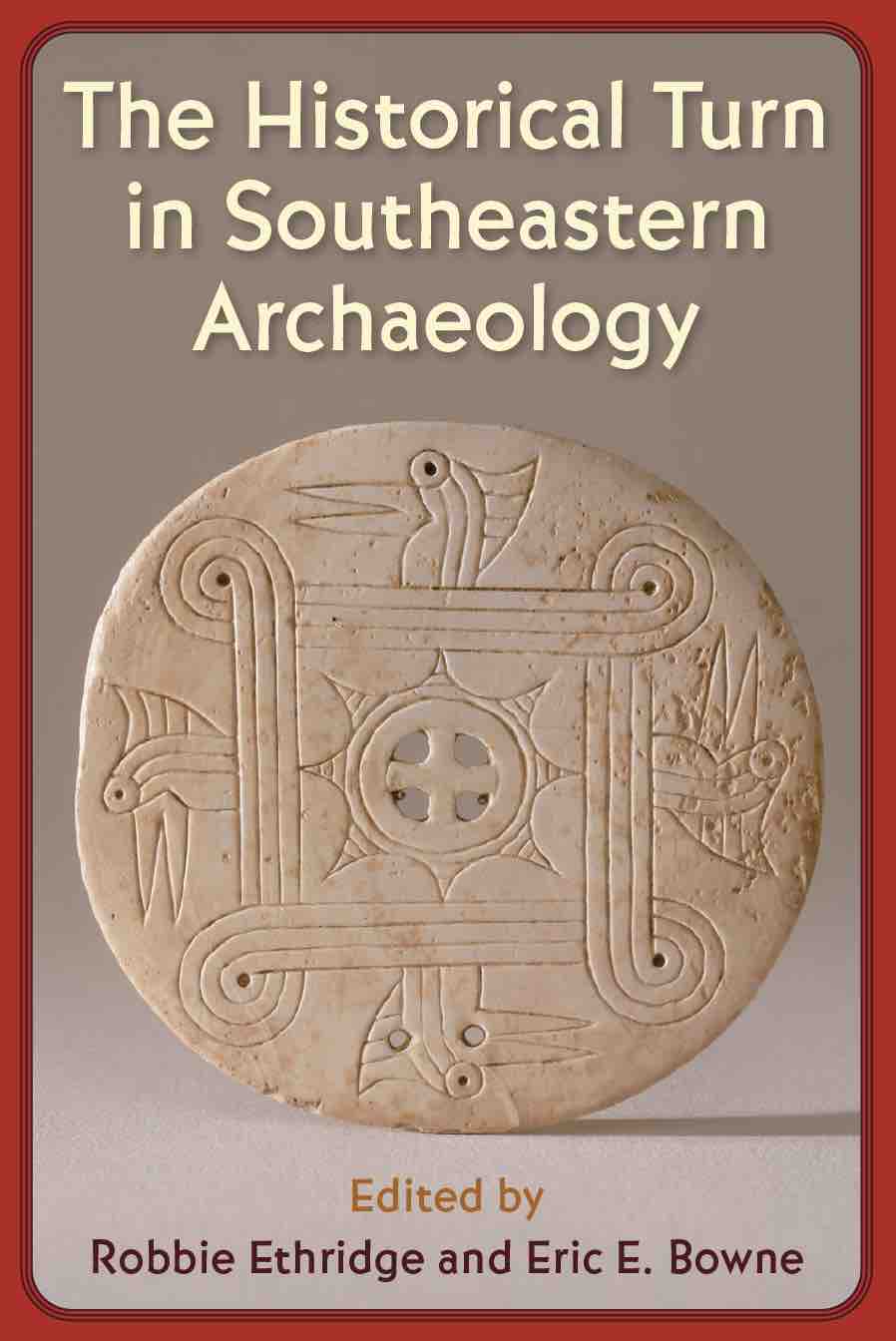 The Historical Turn in Southeastern Archaeology
The Historical Turn in Southeastern Archaeology
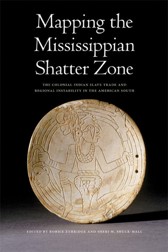 Mapping the Mississippian Shatter Zone: The Colonial Indian Slave Trade and Regional Instability in the American South
Mapping the Mississippian Shatter Zone: The Colonial Indian Slave Trade and Regional Instability in the American South
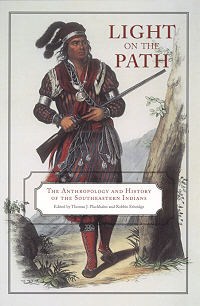 Light on the Path: The Anthropology and History of the Southeastern Indians
Light on the Path: The Anthropology and History of the Southeastern Indians
 Creek Country: The Creek Indians and Their World
Creek Country: The Creek Indians and Their World
Porter Fortune Conference, March 29-30, 2019
As part of a campus wide commemoration of the 400th year of the arrival of the first Africans in British North America coordinated by the UM slavery research group, we will examine the emergence of racially defined slavery in the Atlantic World and how it was challenged from the Age of Exploration through the Napoleonic Wars. 16 speakers will address the variety of racially constructed systems of chattel bondage created by different European imperial powers in the Americas, along with the ways in which challenges to these constructions both threatened and reinforced regimes of racial slavery.
An important goal of this proposed symposium is a much-needed reevaluation of the historiography dating to the 1950s, which began the discussion of the significance of the events of August 20, 1619 with a micro-analysis of racial slavery’s emergence in seventeenth century Virginia. By contrast, our conference will take a much broader chronological and geographical scope, reflecting how scholarship on this topic has moved far beyond the confines of early colonial Virginia alone.
Organized by Paul Polgar and Marc Lerner
Participants: John Blanton, Holly Brewer, Sherwin Bryant, Erika Edwards, John Garrigus, Rebecca Goetz, Rana Hogarth, Chloe Ireton, Allison Madar, Tessa Murphy, Hayley Negrin, Edward Rugemer, Brett Rushforth, Casey Schmitt, Jenny Shaw, James Sidbury
For schedule Please Click Here>>
Preview Fall 2019 Courses
 It’s hard to believe that we’ll need to start thinking about Summer and Fall 2019 courses, huh? It’s true, though! Summer and Fall academic advising will officially begin immediately after spring break. Let’s celebrate advising season together, the best way we know how: with cupcakes.
It’s hard to believe that we’ll need to start thinking about Summer and Fall 2019 courses, huh? It’s true, though! Summer and Fall academic advising will officially begin immediately after spring break. Let’s celebrate advising season together, the best way we know how: with cupcakes.
Join us on Tuesday, March 19 from 3:30-5PM in Bishop Hall 2nd Floor for a preview of 2019 Summer and Fall courses, the chance to learn more about internships and study abroad, and, you know, cupcakes.
